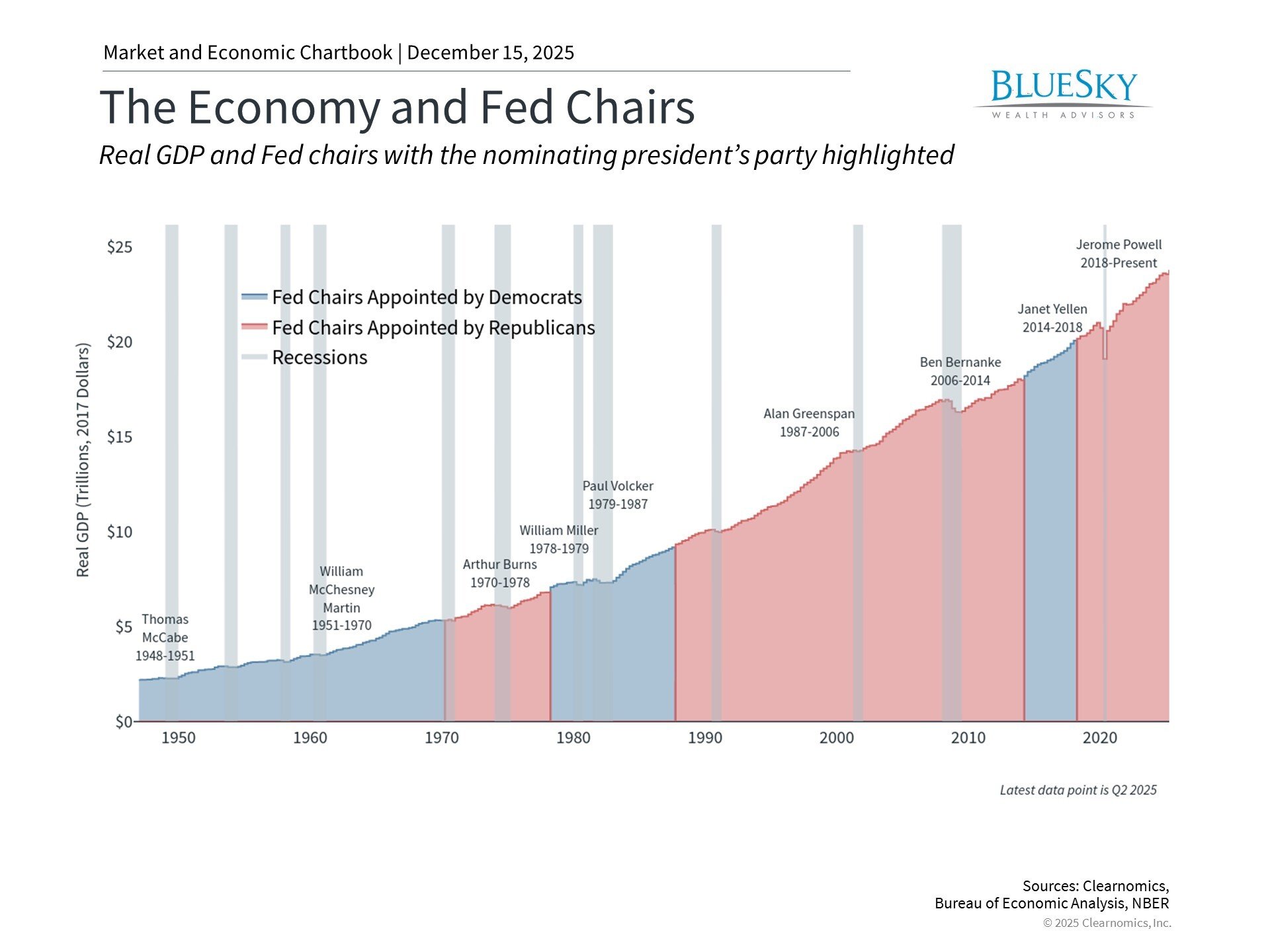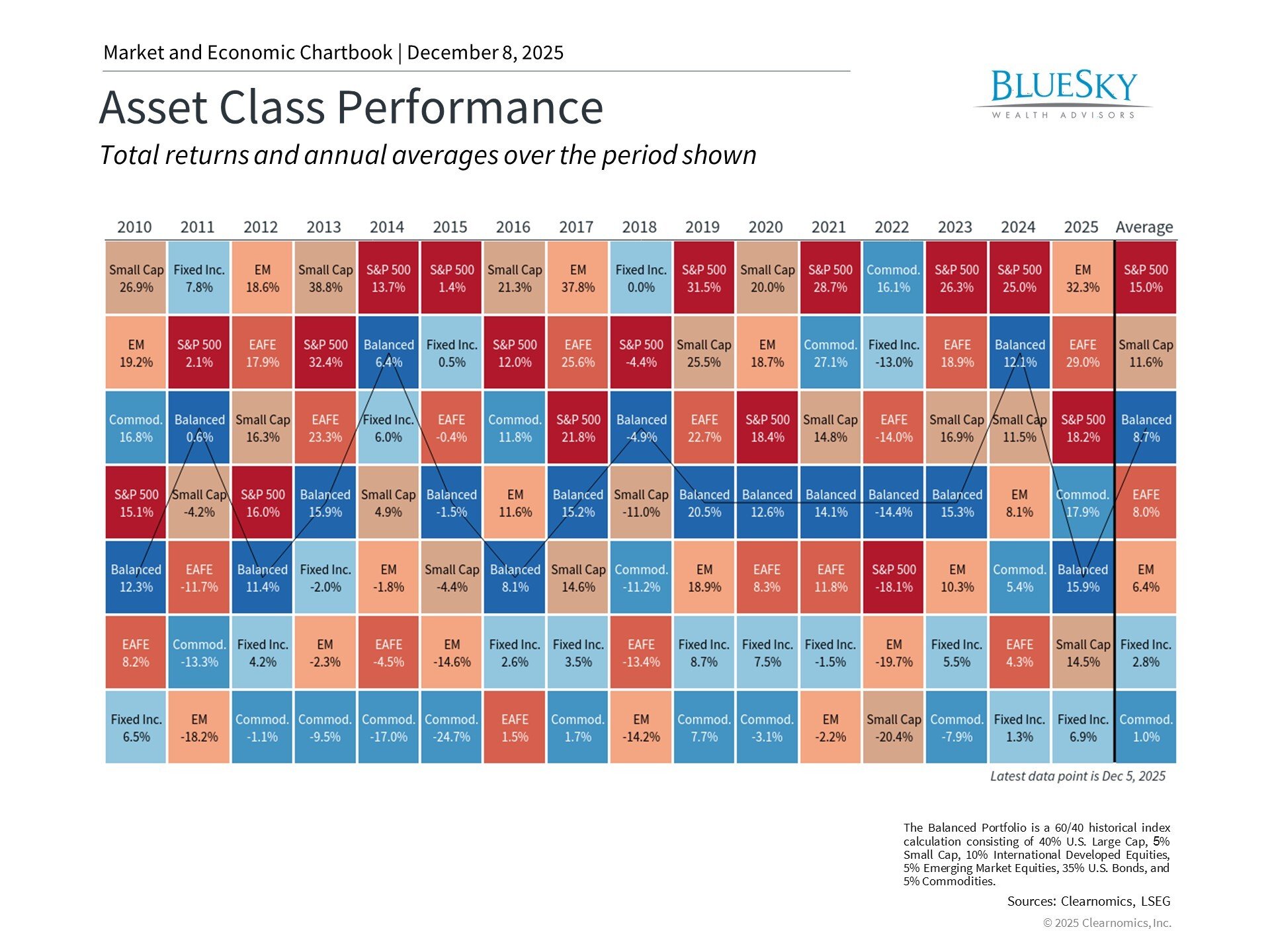
Stay Smart, Stay Safe: How to Detect and Respond to Scams
Stay Smart, Stay Safe: How to Detect and Respond to Scams

Financial scams are on the rise, and they’re targeting individuals of all ages and backgrounds. Whether you're building your wealth, managing a business, or planning for the future, understanding how to recognize and respond to scams is essential. Protecting your assets means staying informed, vigilant, and prepared.
At BlueSky Wealth Advisors, your financial well-being is our top priority. In addition to guiding your investment and legacy strategies, we’re also here to help you defend against fraudulent schemes that can undermine your financial security and peace of mind.
Understanding Scams
A scam is a deceptive attempt to obtain money or sensitive information by posing as a trustworthy source. These attacks often come via phone calls, emails, text messages, social media, or even dating apps. While anyone can fall victim, seniors are especially vulnerable due to their accumulated assets, trust in authority figures, and natural desire to help others.
Scammers use urgency, fear, or emotional manipulation to pressure victims into acting quickly. That’s why awareness is your best defense.
Red Flags to Watch For
Be on alert for these common warning signs:
- A request for money from someone you’ve never met in person
- Pressure to act immediately or keep the request secret
- Poor grammar or unusual email addresses in messages
- Instructions to pay via wire transfer, cryptocurrency, or gift cards
- Claims of urgent emergencies, government penalties, or lottery winnings
When in doubt, pause and verify. If something doesn’t feel right, it probably isn’t.
Seven Common Scams
Here’s a breakdown of today’s most prevalent scams, how they work, and how to avoid them:
- Romance and Sweetheart Scams
Often originating on dating apps or social media, scammers build emotional relationships with the goal of soliciting money. Victims are typically asked for funds to resolve an “emergency” or help with travel plans, often without ever meeting in person.
Protect yourself: Don’t send money to someone you’ve never met. Involve family or your advisor if you feel emotionally pressured.
- Sweepstakes and Lottery Scams
These scams claim you’ve won a prize—cash, cars, trips—but require a “fee” to release it. They may ask for personal or bank information under the guise of verifying your identity.
Ask yourself: Did I enter a contest? Never pay to claim a prize.
- Government Impersonation Scams
Scammers pose as agents from the IRS, Medicare, or law enforcement. They threaten fines, jail time, or benefits suspension unless payment is made immediately—often via untraceable methods.
Be cautious: Real government agencies will never demand immediate payment or threaten arrest by phone or email.
- Tech and Fraud Support Scams
A pop-up or caller claims your computer has a virus or there’s a fraudulent charge on your account. They may ask for remote access or bank details.
Don’t engage: Legitimate companies will not contact you this way. Never allow remote access to your devices unless you initiated the contact with a verified provider.
- Real Estate Wire Fraud
In real estate transactions, scammers intercept communication between you and your title or escrow company, sending fake wire instructions that divert funds to their account.
Always verify: Confirm wire details over the phone using a trusted number, not one listed in an email.
- Business Email Compromise
Scammers pose as colleagues, vendors, or even family members, sending realistic-looking emails to request funds or sensitive information.
Look closely: Double-check email addresses and call the sender to confirm any financial requests or changes.
- Investment & “Pig-Butchering” Scams
These scams offer high returns with low risk—too good to be true. Often, scammers build a long-term fake relationship to lure victims into investing, only to vanish with the money.
Talk to us first: We can help you evaluate any new investment opportunities.
What To Do If You Suspect or Fall Victim to a Scam
- Stop communication immediately.
- Do not send any more funds.
- Report the incident to your financial advisor, the FTC, or your local authorities.
- Preserve all records—emails, screenshots, or phone numbers.
- Ask for help. Scammers are professionals who manipulate with precision. You are not alone.
The Power of a Trusted Contact
One simple but effective step to enhance your protection is to designate a Trusted Contact on your financial accounts.
What is a Trusted Contact?
A Trusted Contact is someone, a close family member, friend, or professional, you authorize your financial institution to reach out to in case of suspicious activity or if they’re unable to reach you.
Note: Your Trusted Contact cannot view your account or make decisions on your behalf unless you’ve provided that authority separately.
How to Add or Edit a Trusted Contact on Schwab:
- Log in at schwaballiance.com.
- Click Profile from the top menu.
- Select Trusted Contact from the banner.
- To add: Click Add a Trusted Contact
- To update: Click Edit
- Enter or revise contact information.
- Click Save
To remove a Trusted Contact, go to Profile > Contact Information > Trusted Contact, then click Remove and Save.
Still need help? Call Schwab Alliance directly at 800-515-2157.
At BlueSky, we require all clients to have at least one Trusted Contact in place, not as a formality, but as a vital safeguard for your financial well-being. It’s a simple, proactive step that can make a significant difference in preventing fraud, addressing emergencies, and ensuring your interests are protected.
We’re Here to Help
At BlueSky Wealth Advisors, we believe that financial independence is about more than money. It’s about confidence, clarity, and peace of mind. If you ever encounter a suspicious situation or want help verifying a request, call us. We’ll help you evaluate and respond, no matter how big or small the concern.
Together, we can protect your future, your legacy, and your peace of mind.





